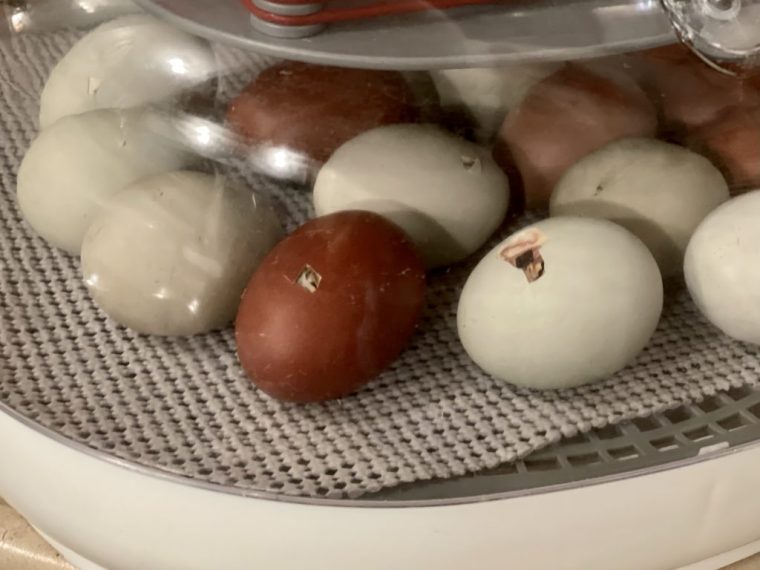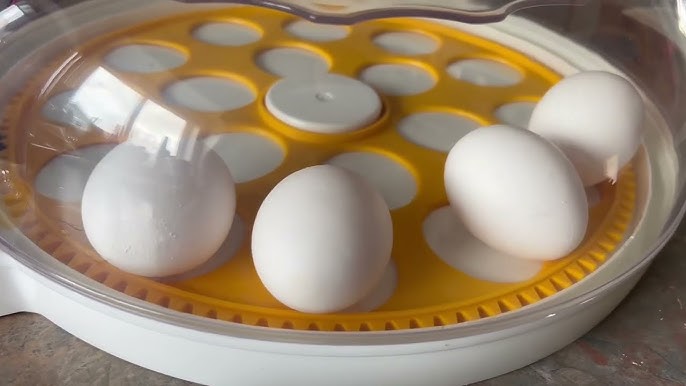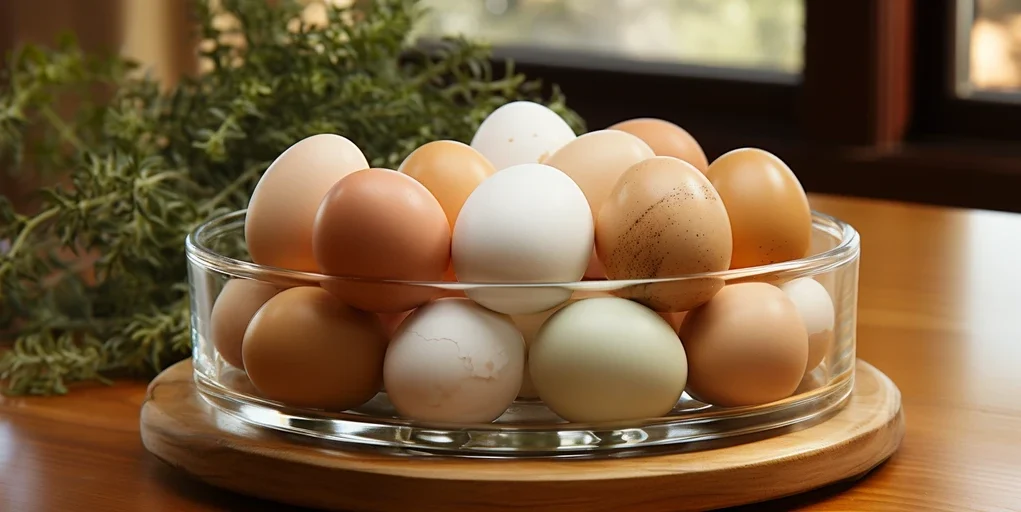Embarking on the journey of choosing an incubator for beginners can be both exciting and a bit daunting. Whether you’re a first-time chicken owner or an enthusiastic hobbyist looking to hatch your first batch of eggs, selecting the right incubator is crucial to your success. In this comprehensive guide, we’ll explore the essential factors to consider when making your choice and help you navigate the world of egg incubation with ease and confidence.
Before diving into the specifics, let’s set the stage by understanding the importance of an incubator. An egg incubator mimics the natural conditions a hen provides to its eggs, ensuring the right temperature, humidity, and ventilation to foster successful hatching. When hatching chicks in an egg incubator, selecting the right one is vital for achieving the desired results.

Understanding Incubator Types
Manual vs. Automatic Incubators
One of the first decisions you’ll face is choosing between a manual or automatic incubator. Manual incubators require you to turn the eggs yourself, while automatic ones handle this task for you. For beginners, an automatic incubator is usually recommended as it reduces the risk of human error and ensures consistent egg turning.
Still Air vs. Forced Air Incubators
Another consideration is whether to opt for a still air or forced air incubator. Still air incubators rely on natural air movement, while forced air incubators use a fan to circulate air. Forced air models typically provide more even temperature distribution, which is crucial for successful hatching.
Size and Capacity
Determining Your Needs
When choosing an incubator for beginners, it’s essential to consider the number of eggs you plan to hatch. Incubators come in various sizes, so assess your needs and select one that accommodates your desired egg capacity.
Space Considerations
Additionally, think about the space you have available for your incubator. Ensure the incubator fits comfortably in your designated area and allows for easy access and maintenance.
Temperature Control and Stability
Importance of Precise Temperature
Maintaining the right temperature is critical for successful egg incubation. Look for an incubator with a reliable thermostat and temperature control features. Consistent temperature ensures healthy embryo development.
Dealing with Temperature Fluctuations
Some incubators are equipped with temperature alarms to alert you of fluctuations. This feature can be particularly helpful for beginners who may not yet be familiar with the intricacies of incubation.
Humidity Management
Understanding Humidity Levels
Humidity is another crucial factor in egg incubation. It affects the rate of moisture loss from the eggs, which in turn affects embryo development. Be sure to choose an incubator with effective humidity control capabilities.
Tips for Managing Humidity
Consider using a hygrometer to monitor humidity levels accurately. Additionally, you can explore egg incubator humidity hacks to optimize conditions for successful hatching.
Ventilation and Airflow
Importance of Proper Ventilation
Proper ventilation is vital for providing embryos with fresh air and removing excess carbon dioxide. Ensure your incubator has adjustable ventilation settings to maintain a healthy environment for your eggs.
Addressing Ventilation Challenges
Some incubators come with built-in fans to enhance airflow. If yours doesn’t, you can consider adding a small fan to improve ventilation and air circulation.
Ease of Use
User-Friendly Features
For beginners, ease of use is a significant consideration. Look for incubators with straightforward controls, clear instructions, and accessible cleaning options.
Maintenance and Cleaning
Regular maintenance is essential for optimal incubator performance. Ensure your chosen model is easy to disassemble and clean, preventing the buildup of bacteria and contaminants.
Price and Budget
Setting a Realistic Budget
Incubators come in a wide range of prices, so it’s crucial to set a realistic budget based on your needs and expectations. Keep in mind that higher-priced models often offer more advanced features and greater reliability.
Balancing Cost and Quality
While it’s tempting to go for the cheapest option, consider investing in a quality incubator that meets your requirements and ensures successful hatching in the long run.
Brand Reputation and Reviews
Researching Trusted Brands
Take the time to research reputable incubator brands known for their quality and reliability. Online reviews and recommendations from fellow poultry enthusiasts can be valuable sources of information.
Learning from Others’ Experiences
Don’t hesitate to reach out to online communities or forums where you can connect with experienced hatchers who can offer advice and insights based on their experiences.
Additional Features and Accessories
Exploring Extra Features
Some incubators come with additional features like egg candlers, automatic humidity control, and digital displays. Consider whether these extras align with your needs and preferences.
Investing in Accessories
Depending on your setup, you may want to invest in accessories such as egg trays, thermometers, and hygrometers to enhance your incubation process.

Frequently Asked Questions
What is the best incubator for beginners?
The best incubator for beginners depends on individual needs and preferences. However, automatic incubators with reliable temperature and humidity control are often recommended for their ease of use.
How do I maintain ideal humidity levels?
Maintaining ideal humidity levels involves using a hygrometer to monitor humidity and adjusting water levels in the incubator’s reservoirs. You can also explore humidity hacks for additional guidance.
Why is temperature control important?
Temperature control is crucial because even slight fluctuations can impact embryo development. A reliable thermostat ensures consistent temperatures for successful hatching.
In conclusion, choosing an incubator for beginners involves considering various factors such as incubator type, size, temperature control, humidity management, ventilation, ease of use, and budget. By understanding these elements and making informed decisions, you can embark on a successful egg hatching journey. For more information and tips, check out the egg incubator setup video.
This article contains affiliate links. We may earn a commission at no extra cost to you.











